How to write a book and ---
Found: 3 items On view: 1 - 3
 View on its own (if entry or VIDEO doesn't show)
View on its own (if entry or VIDEO doesn't show) ... ponder about taking a lover ...
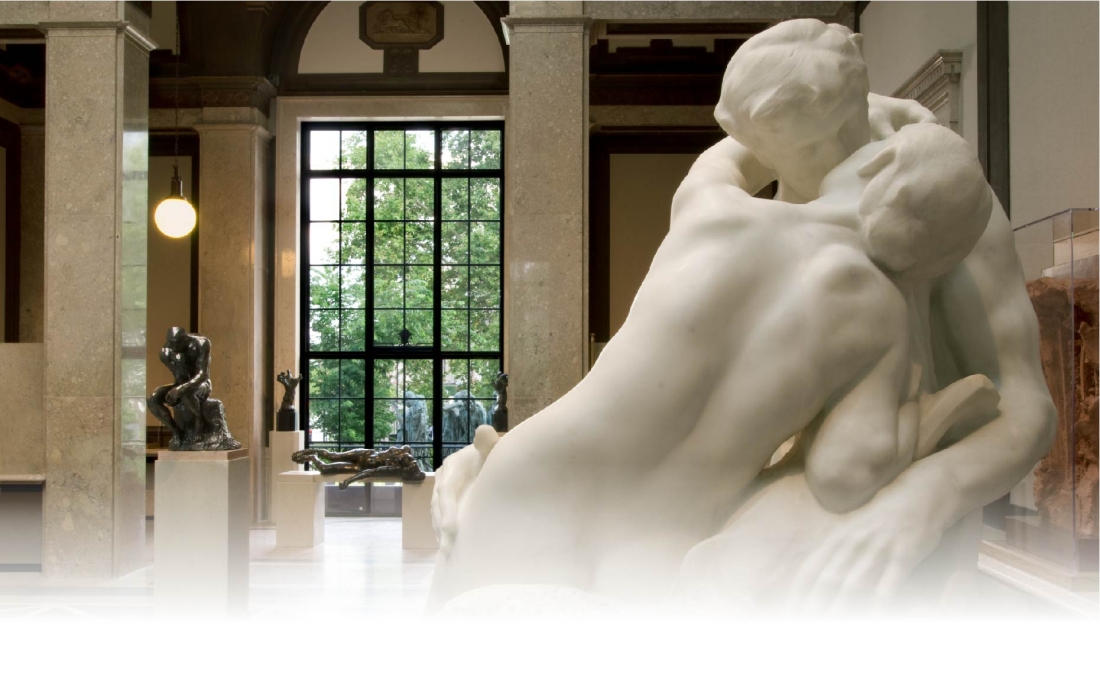
Before we go too far down this route, in advance of tackling this subject, I have to come clean and state that the queue of potential lovers is not snaking around the block. Of course living where I do, in a house set alone, some might say isolated, there isn't a block to snake around, but even if there were I might find it hard to come across anything deserving of the description queue. I can blame isolation. I can blame unsociability. I can blame age. I can blame the weather. Or politicians, or any of the usual suspects which are often named as the scapegoat. But it might just be availability.
And disappointment. The last lover I took was not a success. He might read this and I don't wish to embarrass him but being a late starter, a man with few samples under his belt, a man who was searching for a Relationship (capital R) he didn't quite understand the role of a lover. So he was always headed for the discard bin.
What he didn't get is that having a lover is not a relationship with the potential to grow. It's not superficial but there is no commitment; the end is always in sight. Having a lover is also not like having an affair, it's not a friend with benefits thing or a one night stand. I guess it could be best described as an interim relationship. Someone (Nietzsche) said there 'is always madness in love' and sometimes a holiday from madness is required. What is wanted is not to be captured in a regular liaison. But to have one that is easy going, no feelings of guilt, no emotional dramas. Nothing like an affair, which is exhausting. All that duplicitous behaviour. Deleting texts; never writing notes; hiding receipts; preferably using cash. An affair in the end drags one down; a lover gives a gloss to the day.
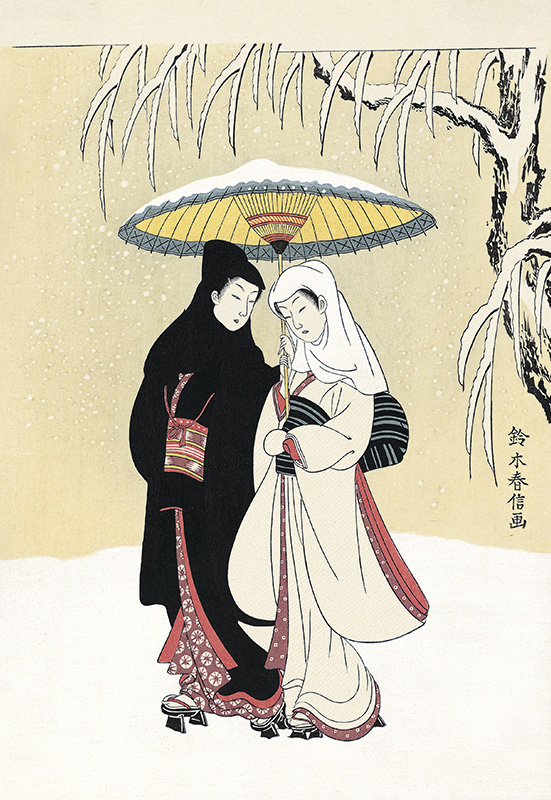
So now there is a new lover possibility. Not quite at the door yet but lurking at the gate. Thoughts; or pros and cons if you like. Would having a lover take up too much time? Practically I am asking? All that to-ing and fro-ing what with meeting up and having hair look good and nails manicured, not to mention the time actually spent with him. Time when I could be writing my next crime story. Would a lover be an inspiration, or a drag? Suppose he uses up my energy and I have little to spend on my characters and their dilemmas. Should I be considering their needs rather than my own? Is fantasy life more important than real life? Discuss.
It has to be easier to take a lover in summer. Less clothes for a start. Skin, hopefully, has a golden glow. Blue skies; indolence in the air; spring in the step, all that kind of thing. It's possible to sprawl elegantly; have an extra glass of wine. Relax. In winter there is all that shuddering and shivering. Plus layers of garments. Some very unflattering.
Which brings me to the topic of clothes and the shedding thereof. Those of you in long relationships have little to fear. Bumps, lumps, wrinkles, crinkles are all part of your own life tapestry. Together you created all those aforesaid furrows and saggings. You can trace your history along those wrinkles. But us, the single, the older single, how do we explain them away? Where did that nice clear soft skin go? Slipped into history when we weren't looking, or weren't taking care (as adverts and personal trainers might tell us.)
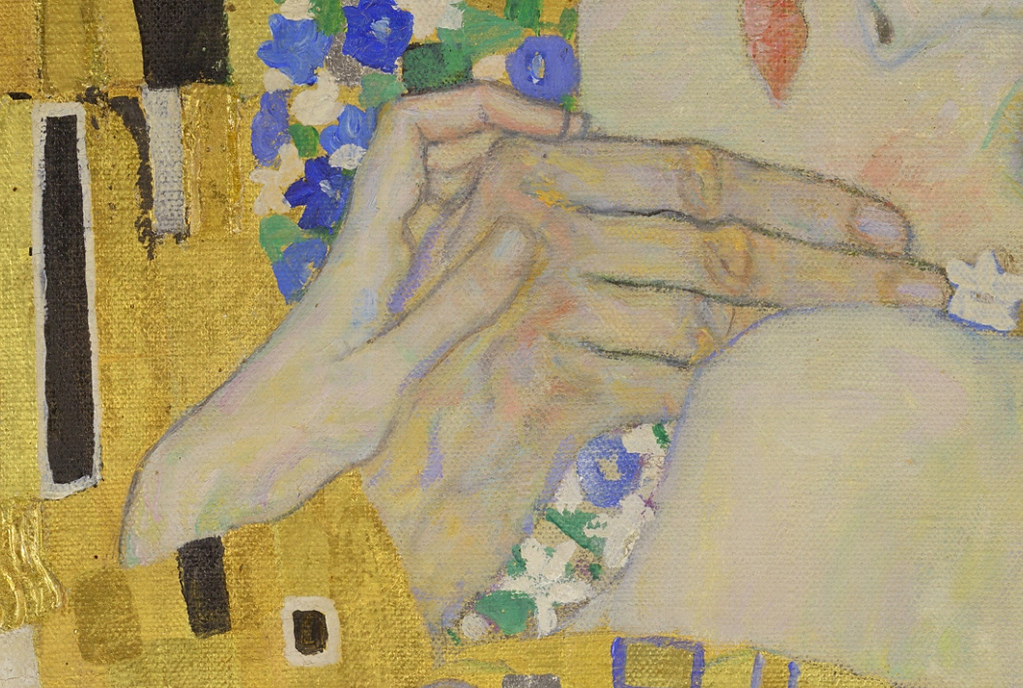
Shedding clothes when older, well, it ain't the sight that once it was. Perhaps it is time to brazen it out. Sneak surreptitious glances at the prospective lover. Hope he is in tattier condition than you. But if he is do you want him? Looking at the prospect there is only one question to ask oneself: would I take my clothes off for him? One question and only one answer. If the answer is I couldn't be bothered; gather up your dignity and leave. It will save time. No other considerations necessary. It will also save money. No need for the expense of buying all that new underwear.
 View on its own (if entry or VIDEO doesn't show)
View on its own (if entry or VIDEO doesn't show) ... watch your characters take over ...
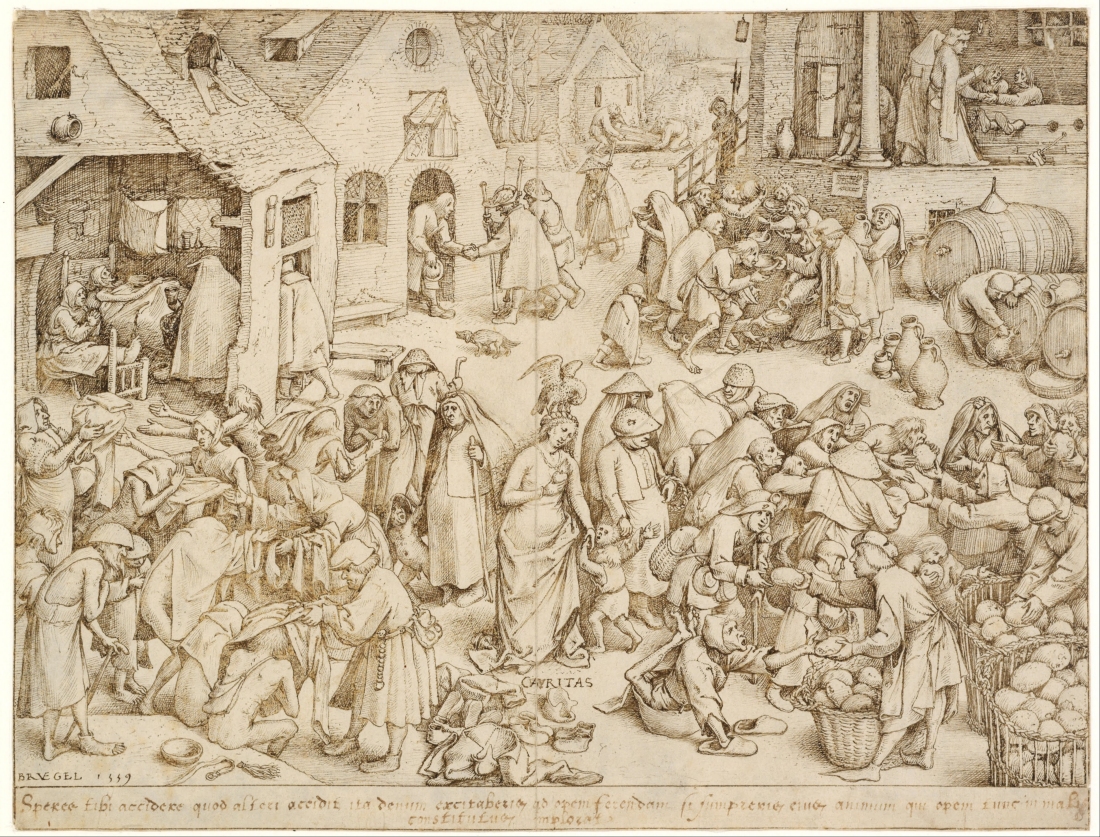
Right now I am at the raw material stage with writing my next book; still on the first draft. It's the second draft where structure starts to be imposed and and a little oxygen allowed in. So, we, the book and I are journeying along, hopefully lucidly and temptingly, but I am already concerned that (a bit like life) it is going in uncontrollable directions.
It's the characters. Perhaps because they are young and unformed (a bit like children) they begin to behave in unforeseen ways. For example: he/she is apparently progressing down a clear path (created, don't lets forget, by the author), weeds mostly removed, threatening trees cut back, dense foliage removed, (and lots of other horticultural metaphors,) when, wham, off the character goes disappearing down a narrow path I, the author, hadn't been aware of. And here's the thing, often that pathway is okay and I am fine with the wandering off. Often it is a better route to take. These times I think, shouldn't I be in control here? Is this character trying to distract me from the way I set out for him? Am I now merely his voice? His scribe? What exactly is his motivation? Is he only trying to establish his independence?
Does this happen to all writers of fiction? Or do some keep a tight rein knowing the beginning, middle and end, and refusing to allow their characters room to do their own thing. Whereas I can be surprised by my characters and then they are likely to take over and move the book along in a different direction. Someone I thought on the periphery pushes their way in, sits down and stays.
I suppose here we come to consideration of what comes first. Back to the chicken and egg question. What does comes first? The plot or the characters? (Of course there is the setting to bear in mind too but I'll leave that for another day.) Of course plot and characters are intertwined. Of course, say I, but some writers start with one or the other. I guess you can know where the story is going before the characters are created, but surely the characters breathe life, vitality, direction into the plot. I suspect that a plot highly structured in advance might leave little room to manoeuvre and risk winding up flat.
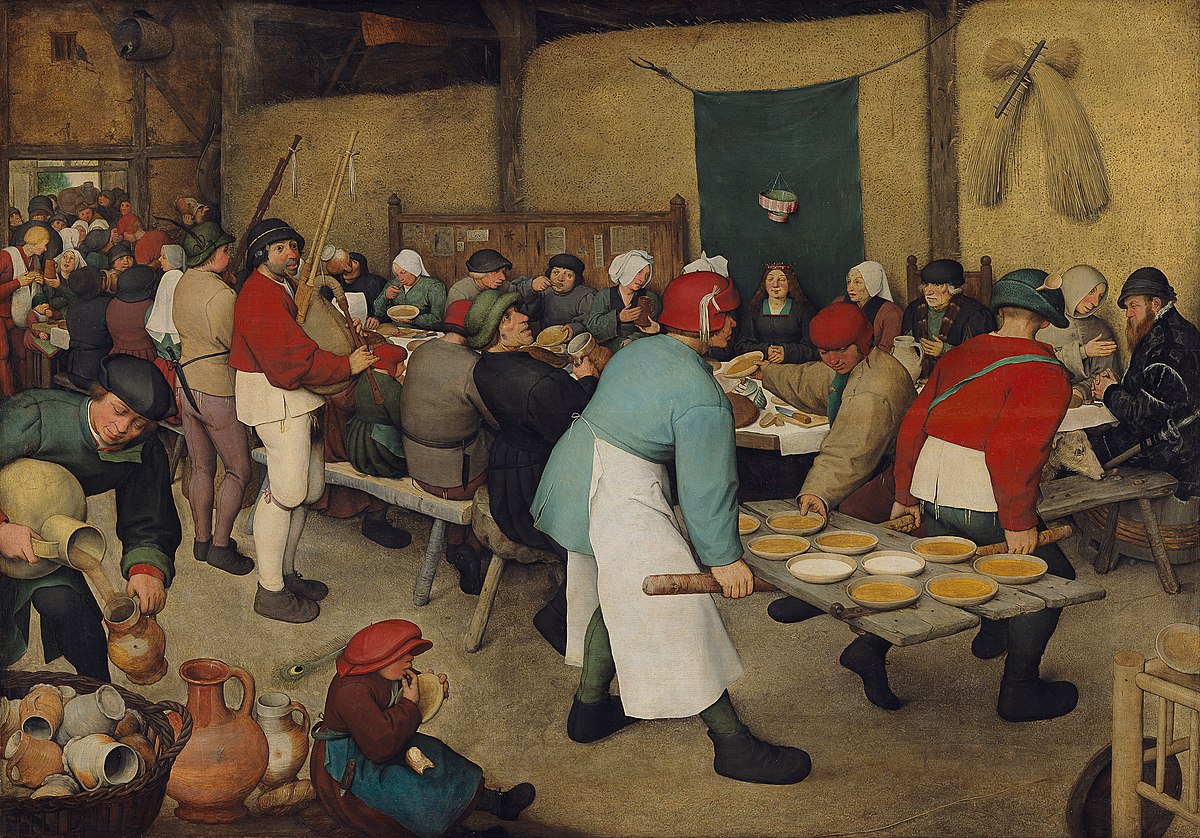
When I start a book the characters are mine. I have control. I hold all the cards. (Are you listening characters?) They aren't friends. This is not an equal relationship. I can shove one under a car, and hey, no comeback to me. I decide on height, weight, looks, actions. I can ignore their pleas to have a biting wit, be handsome, taller. Until … until they begin to ease me out, and write their own story. Is it me being lazy or not planning enough that means I am ceding control? Not only can characters change the story, they can crush it. No, that's too harsh a word. But they can reign supreme.
Think of characters that outlive the plot. Think Sherlock Holmes, Elizabeth Bennet, Oliver Twist. Think Cinderella, Miss Marple, Alice. These characters have almost become verbs. The chances are you know them quite intimately even if you haven't read the book(s). They lodge in your mind rather like relatives you haven't seen for a while but will always know the history of.

And last but hardly least. You, dear readers. You play perhaps the most important part. You will imagine my characters, but not necessarily as I do. How many times after seeing a film of a book do you say ' she just wasn't right for …' What I realise is that my characters won't exist, not properly, until you the reader bring them to life in your imagination. You let them become sentient beings. Lucky characters. Lucky readers. To have so much power.
 View on its own (if entry or VIDEO doesn't show)
View on its own (if entry or VIDEO doesn't show) .. consider the importance of hair colour...
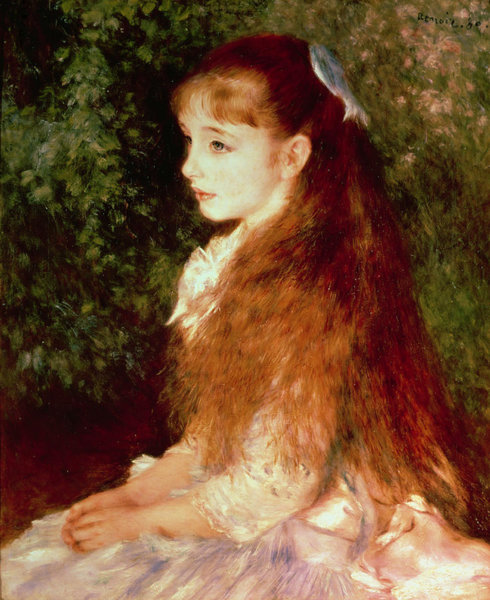
If you write, as I do, crime stories, you get advice. They, they say, these people, read what is contemporary. Discover what's in fashion. Get a feel for the market. Well, we all know that recently virtually any thriller with the word 'girl' in the title had a head start. But there is something else I have discovered which is essential for modern crime tales.
What I am seeing right now is this: there is invariably a redhead. If she is the heroine then she generally comes with tumbling curls. If they don't tumble then they frame her pale/lightly freckled/lively face. The hero at some stage has to tuck behind her ear a wandering stray wisp of hair. That is essential too. It hints at a wild and free spirit, or maybe frailty. Is she fiery, or vulnerable? She is always slim, yet strong; pretty, but not conventionally so. She would be noticed in a crowd. Of course sometimes the redhead is a lesser character, in which case her hair colour suggests infamy. (Spanish and Italian painters in the past often portrayed Judas Iscariot as a red head.)
When our heroine isn't tossing her tumbling curls then she is biting her lip. How many people do you know that you consciously see biting their lips? What does this denote? Uncertainty? Back to our friend vulnerability? Despite anything she may have achieved in life (though there are precious few CEOs or think tank analysts among these redheads) she needs looking after. An exception is Val McDermid's forensic scientist, River, who has a 'mane of red hair', indicating, I think, her maverick approach, the edgy rule breaker.
Which is where man with dirty blond hair comes in. So many crime stories have a hero with dirty blond hair. When I read that phrase I think shampoo. Of course I am not supposed to think of shampoo. I am supposed to think sex. Dirty blond hair equals sexy. Only for a man of course. Redheads don't have dirty anything, except perhaps feet occasionally when they are on a beach, usually alone, thinking of dirty blond man. The moment you get a book with a redhead and a dirty blond it is a given they will end up in bed together.

Red covers all autumnal shades running up a scale from a pale ginger through orange, copper to deep chestnut. The country that provides the most redheads is Scotland. (My mother was Scottish and her hair was a thick burgundy.) There, according to my friend Wiki, 13% of the population are red heads. Compare that to the 1-2% of the human population worldwide. Or the 0.57% of Italians. It is in fact the rarest natural colour in humans. The largest group of red headed people in the world live in the Volga lowlands of Russia. It's the result of a recessive genetic trait, come all the way down from Neanderthal man.
And while between the covers of a thriller red heads are pretty black and white in character all changes with history and mythology. Think Queen Elizabeth 1 and Henry VIII. Short tempered, hot tempered. Consider too Jezebel; the red headed wife of King Ahab. The epithet Jezebel sums up all that is thought to be wicked in a woman; shameless, immoral, cruel. She sought power, influenced her husband (badly) in his beliefs. For that she was pushed off a balcony and eaten by dogs.
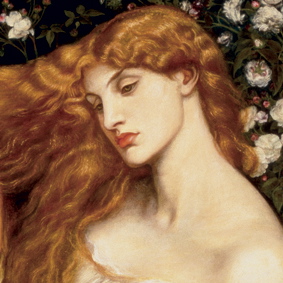
Lilith's reputation is not much better. Another archetypal red headed wicked woman she was Adam's first wife (yes, that Adam). According to Jewish folklore she grew wings and fled the garden after Adam tried to prove his superiority by insisting she lie beneath him. Depending on your point of view she was either a woman seeking independence declaring men and women are equal, or a symbol of destruction with her vengeful approach to men and children.
vSo despite it being the rarest natural hair colour in humans it flourishes in thrillers. One defined her hair as the colour 'of a muted sunset'. Were I a redhead I'd be tempted to adopt that as a description of myself. A beautiful phrase and I wish I could recall the title of the book. If you can help me out there I'd be grateful. Likewise the title and author of a story in which a surrogate father lives in a forest with his ten red-headed children...?
Is it time for a new rating system? Forget the stars. Count the red heads.
Registered users/members are welcome to post messages on this blog/board
You can register by clicking the Members link or from here




